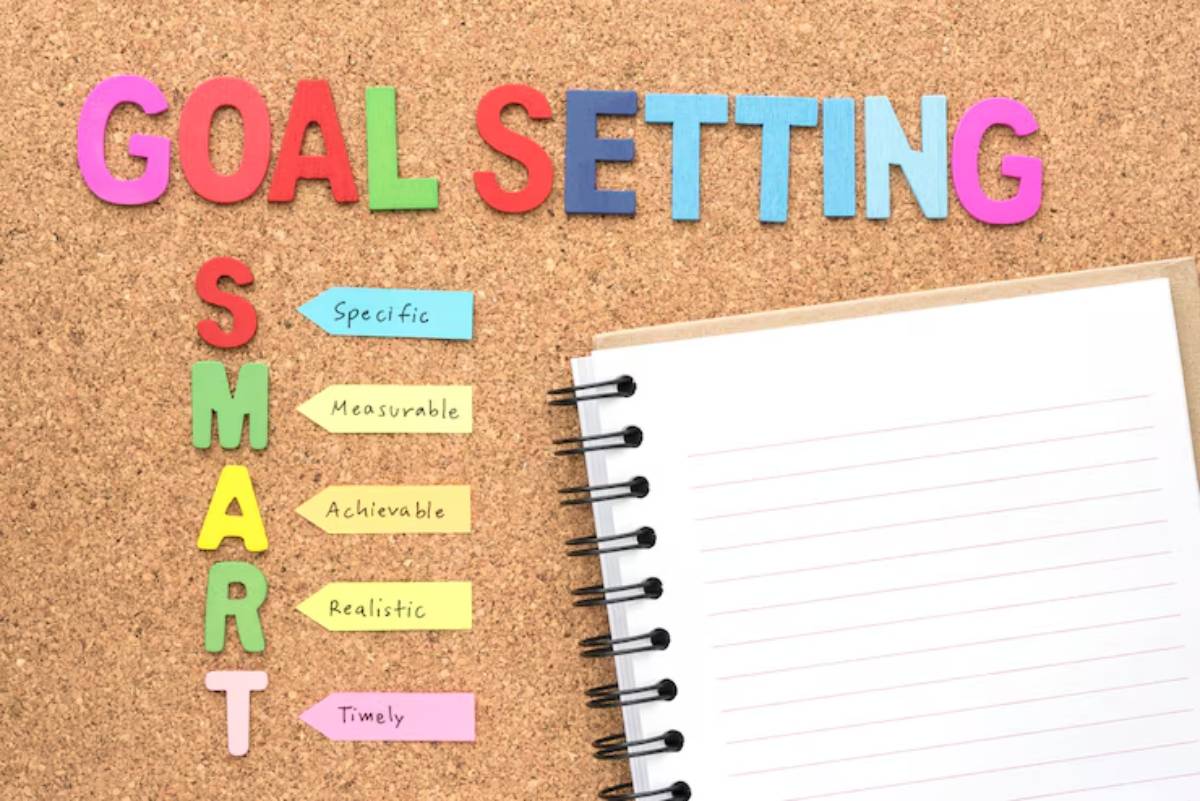
How to Stick to Your Study Goals Long-Term
Sticking to study goals over time can feel like running a marathon without a finish line in sight. It’s one thing to set academic goals, but it’s another challenge entirely to follow through consistently. Whether you’re preparing for exams, learning a new language, or mastering a complex topic, the ability to sustain motivation and discipline is what separates success from frustration. This guide will walk you through everything you need to stay on track with your long-term goals for study, build study consistency, and develop effective goal-setting strategies tailored to your needs.
Understanding the Core of Long-Term Goal Setting
At the heart of sustained academic progress lies goal clarity. Without a clear direction, it’s easy to lose momentum. According to research in behavioural psychology, people who set specific, measurable goals are significantly more likely to achieve them. Long-term study goals provide a vision to work towards, offering structure and motivation even when the daily grind feels tough.
Effective long-term goals for study should follow the SMART framework:
- Specific – Clear and defined
- Measurable – Quantifiable indicators of progress
- Achievable – Realistic and within your capacity
- Relevant – Aligned with your personal or professional ambitions
- Time-bound – With deadlines to create urgency
Expert Tip: Break large goals into smaller chunks. “Ace my final exams” becomes “revise one topic per week starting from October.”
Study consistency builds on this foundation. Habits are more powerful than bursts of motivation. When your study sessions become part of your routine—like brushing your teeth—they require less willpower.
Quick-Reference Checklist: Sticking to Your Study Goals

- Define SMART study goals
- Break long-term goals into weekly milestones
- Create a consistent study schedule
- Track your progress visually
- Use positive reinforcement
- Reassess and adjust goals every month
- Connect study efforts with long-term aspirations
- Eliminate common distractions
- Reflect on setbacks without judgment
- Celebrate small wins along the way
Step-by-Step Guide: How to Practise Long-Term Goal Adherence
1. Start with Your “Why”
Your motivation must go beyond passing a test. Ask yourself:
- Why do I want to achieve this goal?
- What will my life look like if I succeed?
- Who else benefits from me reaching this goal?
Real-life example: A nursing student reminds herself daily that passing her exams means she can help patients and support her family.
2. Break It Down into Monthly and Weekly Tasks

Use your long-term goal to reverse-engineer your monthly, weekly, and even daily plans.
- Month 1: Cover foundational topics
- Month 2: Dive deeper into challenging areas
- Month 3: Practice mock exams and refine techniques
Important Tip: Use a weekly study planner to allocate focused time blocks to each task. Stick to 60–90 minute sessions with 10-minute breaks.
3. Use Time Blocking and Habit Stacking
- Time block your most focused hours for study.
- Attach studying to an existing habit (e.g., “After my morning coffee, I’ll review flashcards”).
Common Pitfall: Relying on motivation alone. Instead, rely on systems—calendar alerts, reminders, and routines.
4. Track Your Progress Visually
Use a habit tracker or progress chart. Seeing your streak builds psychological momentum.
- Apps like Notion, Habitica, or Google Calendar work well
- Physical checklists and whiteboards are excellent too
Pro Tip: Try colour-coding different subjects or goal milestones—it makes tracking more engaging.
5. Set Midpoint Reviews and Adjust as Needed
Long-term goals aren’t static. Revisit them monthly:
- Is this goal still relevant?
- Have your priorities shifted?
- Are your current methods working?
Flexibility avoids burnout. Adapting doesn’t mean giving up—it shows resilience.
Best Practices & Additional Insights
Link Goals to Identity
Instead of saying “I want to study more,” tell yourself “I am a consistent learner.”
This subtle shift in identity-based goal setting increases your chances of long-term success. It creates internal accountability.
Build a Study Environment that Promotes Focus

Your space affects your mindset. Create a dedicated, clutter-free study zone with:
- Good lighting
- Minimal distractions
- A comfortable chair
- All study materials within arm’s reach
Use Social Accountability
Share your goals with a friend or join a study group. Regular check-ins keep you accountable.
- Apps like StudyStream or Discord study servers work great
- You can even create a private WhatsApp group for peer support
Motivational Note: You don’t need to go it alone—external support adds a powerful layer of accountability.
FAQs
How do I stay motivated for months at a time?
Focus on your why, break big goals into small wins, and celebrate progress regularly. Motivation fades—discipline and routines carry you through.
What if I fall behind on my study plan?
Don’t panic. Reframe the situation: “I’ve paused, not quit.” Adjust your schedule, simplify tasks, and restart gently.
How often should I revise my goals?
Every 4–6 weeks. Regular reviews help you course-correct and stay aligned with your larger purpose.
What if I set goals but never stick to them?
Start with micro-goals—like studying for 10 minutes. Success builds confidence, and confidence builds consistency.
Can I use tech tools to support my study goals?
Yes! Tools like Google Calendar, Todoist, Forest, and Anki can reinforce habits, track time, and gamify your study.
Make Your Study Goals Stick
Building study consistency isn’t about being perfect—it’s about staying committed. Some weeks will be productive, others less so. That’s okay. What matters most is showing up repeatedly, refining your methods, and believing in your ability to grow.
Ready to take control of your learning journey? Start by writing down your top three long-term study goals right now. Then, create a weekly study plan to bring them to life—one step at a time.
Want more strategies to build long-lasting learning habits? Explore our post on Building Long-Term Learning Habits for Online Success and take your goals further!


